IOA Ombuds Program Extended
By Melanie Jagneaux, 2020-2021 IOA President
Dear IOA Members,
After a successful pilot program, the IOA Board unanimously voted to extend the IOA ombuds program. Our inaugural IOA Ombuds, Elaine Shaw, CO-OP®, informed the Board that she received calls from all sectors and across the globe. In addition, Elaine presented three ‘upward feedback’ concerns that inspired action of the Board concerning updates to members. Elaine also presented a written report to the Board on the program’s performance for the pilot period, which gave the Board the information necessary to review the program’s performance. The report was favorably received by the Board as it presents ombuds case information in a way that is both informative and reader-friendly. Given the quality and contents of the report, the Board unanimously agreed that IOA members would appreciate receiving the report.

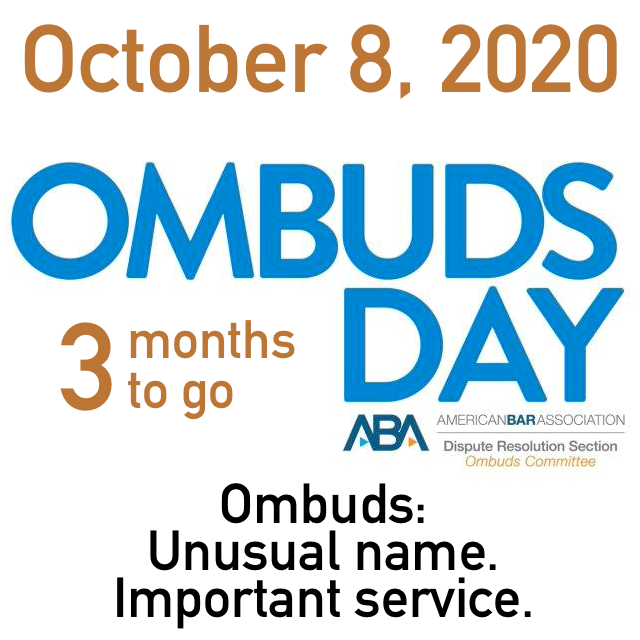
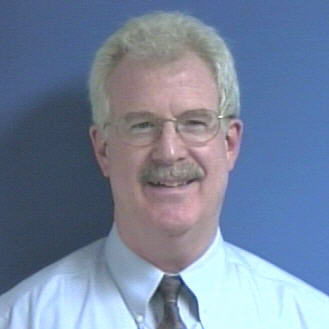 By Dave Carver, PhD
By Dave Carver, PhD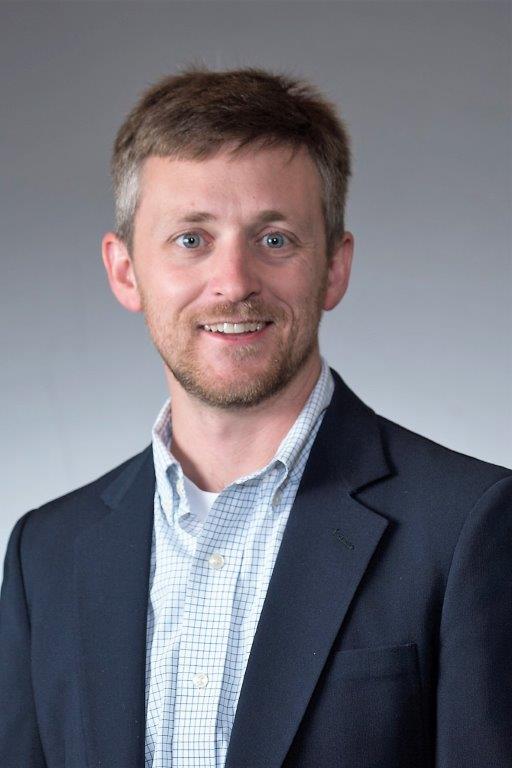 By Ryan Smith
By Ryan Smith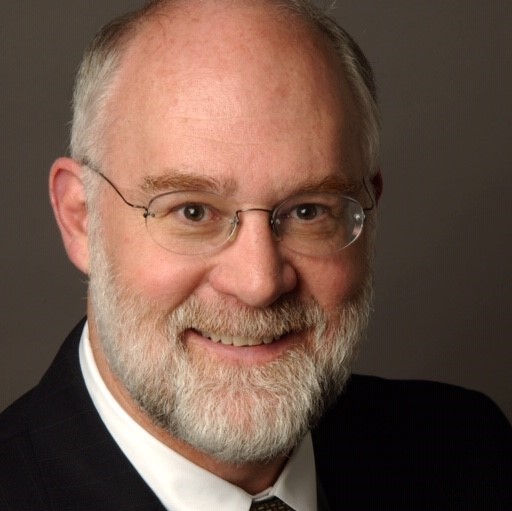
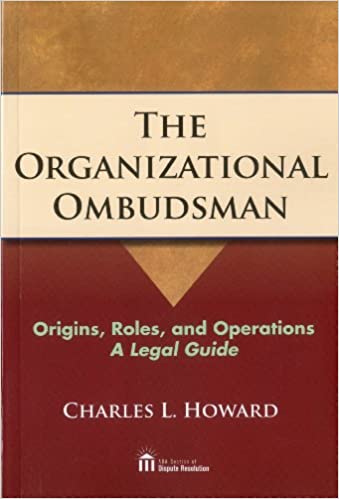
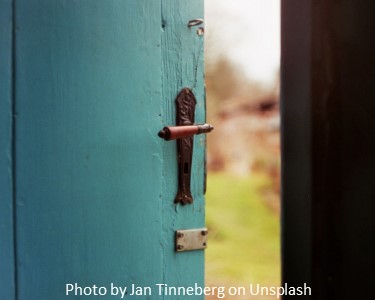 By Prof. Mary Rowe, MIT
By Prof. Mary Rowe, MIT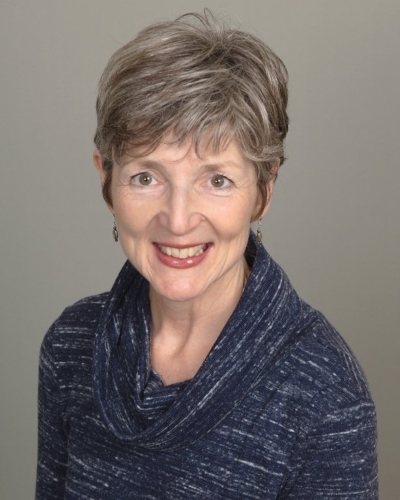
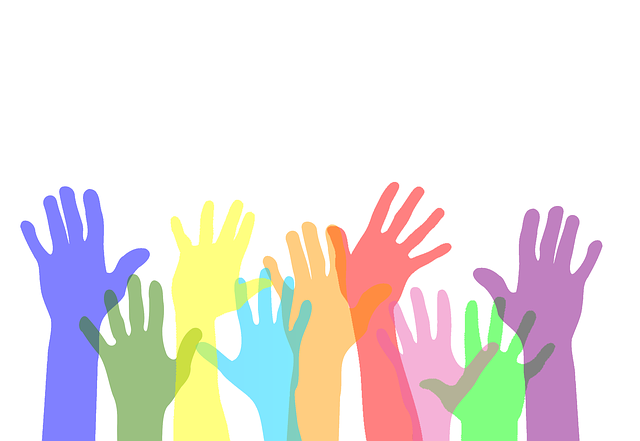 By The Independent Voice Editorial Team
By The Independent Voice Editorial Team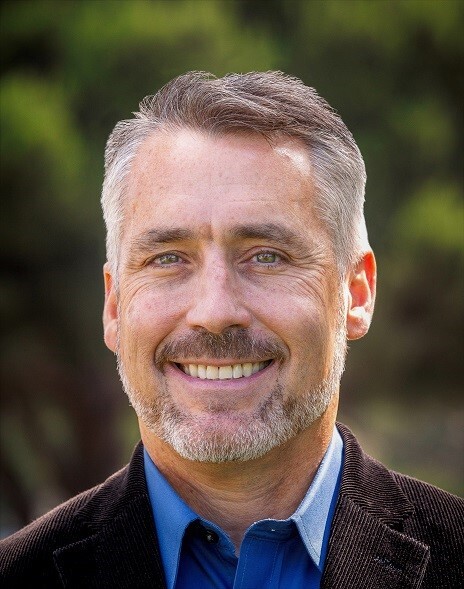
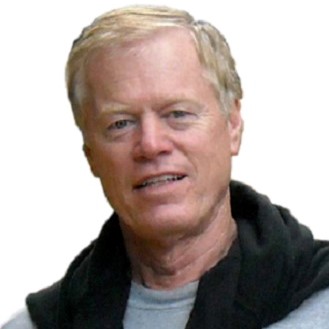
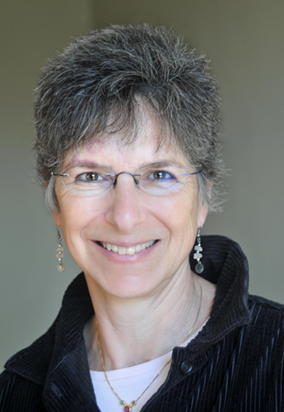
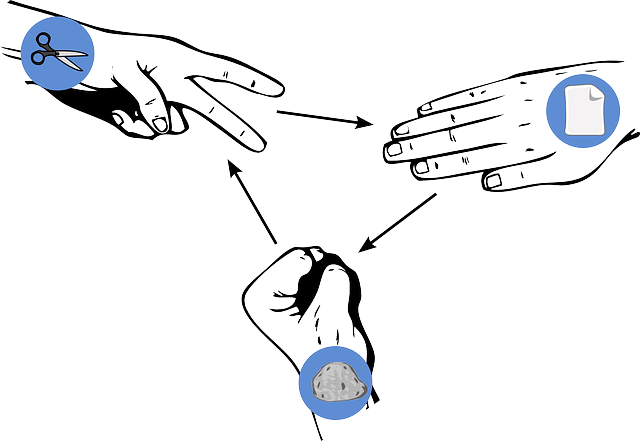 By Reese Ramos, University Ombuds at Virginia Tech, IOA Board Member
By Reese Ramos, University Ombuds at Virginia Tech, IOA Board Member